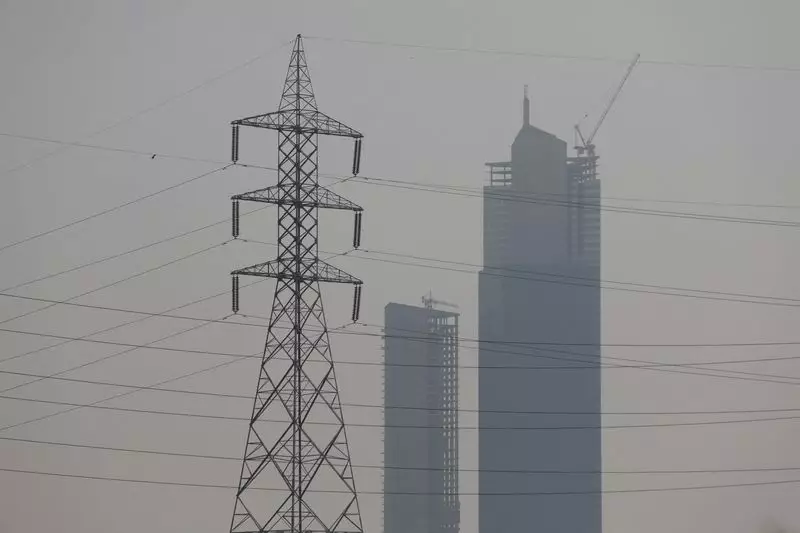In a significant policy shift, Pakistan’s government has announced a reduction in electricity tariffs for the upcoming winter season, a strategic decision aimed at invigorating consumption and minimizing reliance on natural gas for heating. This initiative, as stated by Power Minister Awais Leghari, intends to offer relief to both businesses and everyday citizens who have faced overwhelming electricity costs as a result of stringent energy sector reforms imposed by the International Monetary Fund (IMF). By decreasing tariffs, the government hopes to stimulate a revival in energy consumption during the cold months, addressing the pressing issue of a formidable decline in power demands.
Historically, many utility providers in Pakistan have encountered severe challenges in winter, with energy demands plummeting by as much as 60% compared to the scorching summer months. The announcement comes as a response to this seasonal fluctuation, allowing local utilities to maintain operational continuity during a time when heating options typically lead to increased use of less efficient energy sources such as natural gas and wood. As officials outlined, the revised tariffs will undergo a pilot period from December 2024 through February 2025, presenting an opportunity for the government to assess the effectiveness of this strategy in bolstering overall consumption.
Forecasting an Economic Recovery
Despite a recorded 8-10% decrease in power consumption over the past three quarters, the government maintains an optimistic outlook for an economic recovery that could reverse these trends. Leghari anticipates a net annual demand increase of approximately 2.8% over the next decade, merging the hopes for both increased consumption and sustainable economic revivification. By strategizing to reduce winter tariffs, industries are expected to see a 7-8% decrease in electricity expenses, which could potentially catalyze growth, enhance productivity, and foster broader industrial development.
In addition to the immediate tariff reductions, the government is pursuing a broader agenda of reforming the power sector. This includes endeavors to rationalize tariff structures, manage power sector debt, and modify tax policies that impact electricity billing. Such multi-faceted reforms aim to not only ensure energy affordability but also address underlying inefficiencies in the power machinery. Minister Leghari also noted the government’s discussions with international development partners to lessen tax burdens, which could have substantial repercussions for emerging sectors such as electric vehicles. Transitioning from traditional combustion-based transport systems to cleaner energy alternatives is vital in combating air pollution, thus promoting a healthier, more sustainable environment.
The decision to slash electricity tariffs during winter represents a confident step by the Pakistani government toward enhancing economic resilience while addressing energy reliance concerns. As the country seeks to balance the need for immediate relief against long-term structural reforms, these efforts exhibit a commitment to fostering a more sustainable energy landscape. Ultimately, the success of this initiative hinges on the interplay of effective policy implementation and the overarching global economic climate, with hopes that these changes will pave the way for a revitalized and brighter future for Pakistan’s energy sector.

